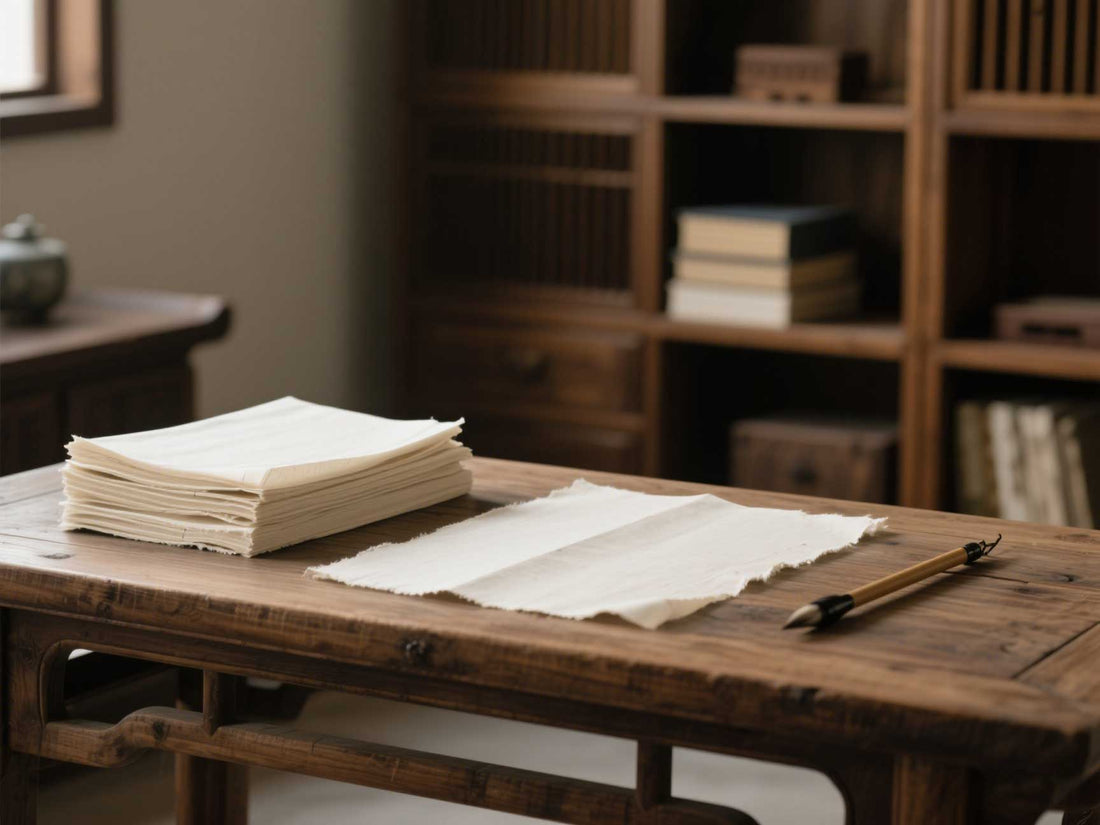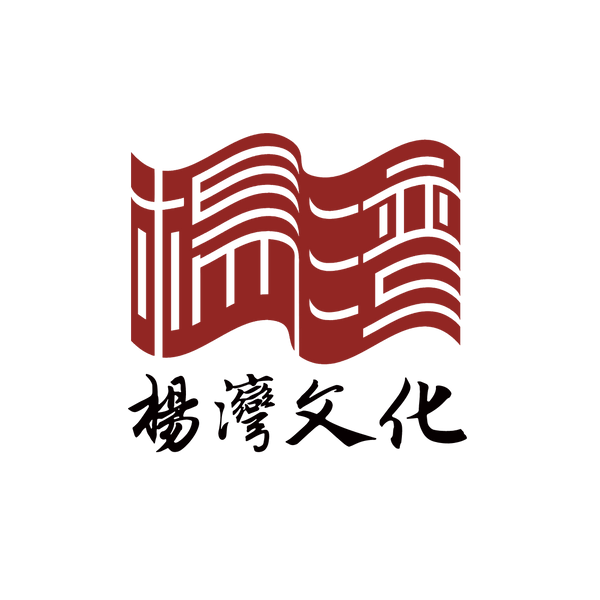
Why is rough-edged paper more suitable for calligraphy and painting beginners?
Share
1. Cost-effectiveness and sustainability
- Low price : Bamboo resources are abundant and the recycling cycle is short. The manufacturing cost is lower than that of rice paper. The machine-made rough-edged paper has high cost performance and is suitable for high-frequency practice.
- No psychological burden : Beginners tend to waste expensive rice paper due to repeated revisions. The low price of rough paper can reduce the pressure of practice and increase the willingness to try boldly.
2. Material properties and writing adaptability
-
Control ink color effect :
- The surface of machine-made rough-edged paper is slightly astringent, and the water absorption speed is moderate, which can clearly show the changes in the thickness of the strokes and reduce the risk of uncontrolled "ink bleeding";
- The ink absorption of handmade rough paper is close to that of semi-cooked rice paper. It can simulate the ink color levels and gradually train the ability to control ink.
-
Physical stability :
- Bamboo fiber is tougher than rice paper, and can withstand repeated rubbing and wiping, and is not easily damaged by heavy pressure.
- Regular sizes (such as 4-foot-3-fold) can be used directly without cutting, reducing the complexity of operation.
3. Targeted exercise function enhancement
-
Basic technique training :
- The rough-edged paper increases the resistance of the pen, forcing beginners to master the strength of lifting and pressing, and avoid forming the habit of "slipping".
- Pre-printed grid and nine-square grid versions help to accurately locate the structure and standardize the proportions of the characters.
-
Transitional adaptation :
- Compared with the strong water absorption of rice paper, rough-edged paper can buffer the adaptation process of beginners to the reaction of "ink-paper adjustment" and reduce frustration;
- After becoming proficient, you can switch to raw rice paper, continue your brush-holding habits and advance to master the expression of ink rhythm.
4. Comparative advantages with Xuan paper
| Dimensions | Rough edge paper | Rice paper |
|---|---|---|
| Ink bleeding control | Evenly absorbs water, clear stroke edges, and reduces the "ink pig" phenomenon | Rice paper absorbs ink quickly, so precise ink control is required, which can easily magnify the technical flaws of beginners |
| Economic costs | Low daily practice cost | The cost of the same amount of practice is more than 10 times higher |
| Psychological threshold | Allow trial and error to motivate continuous practice | High prices lead to restraint, limiting the space for technical exploration |
Tips for beginners
- Beginner stage : Use rough-edged paper with a rough surface, ink of moderate concentration, and focus on stroke strength and structural shaping;
- Advanced transition : Introduce handmade rough-edged paper or cheap semi-cooked rice paper, and gradually experience the changes in the dryness and wetness of the ink color;
- Creation preparation : Use rice paper to check the results regularly, and compare the practice results on rough paper with the actual works.
By balancing economy and functionality, rough-edged paper becomes an irreplaceable basic training medium for beginners of calligraphy and painting.
